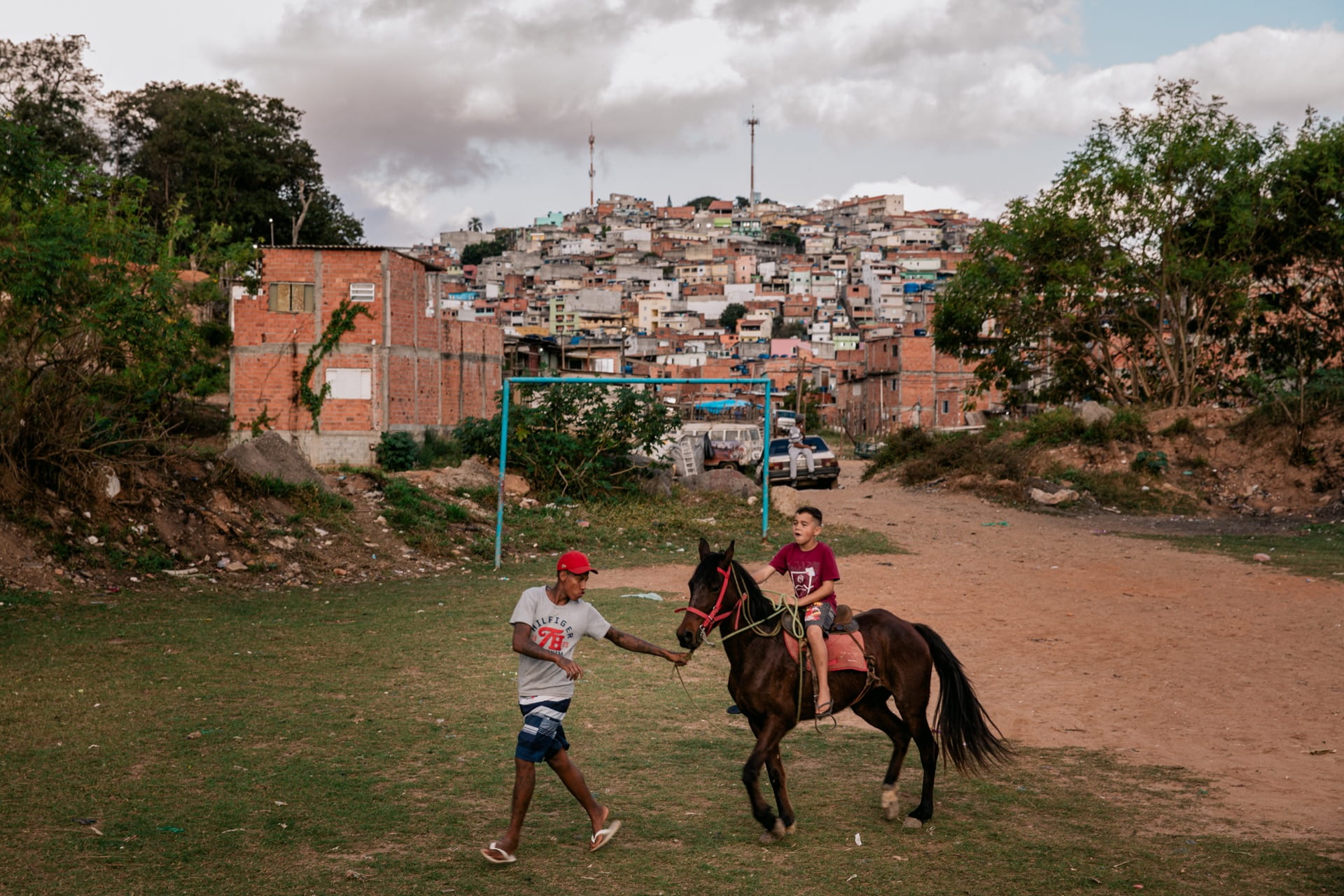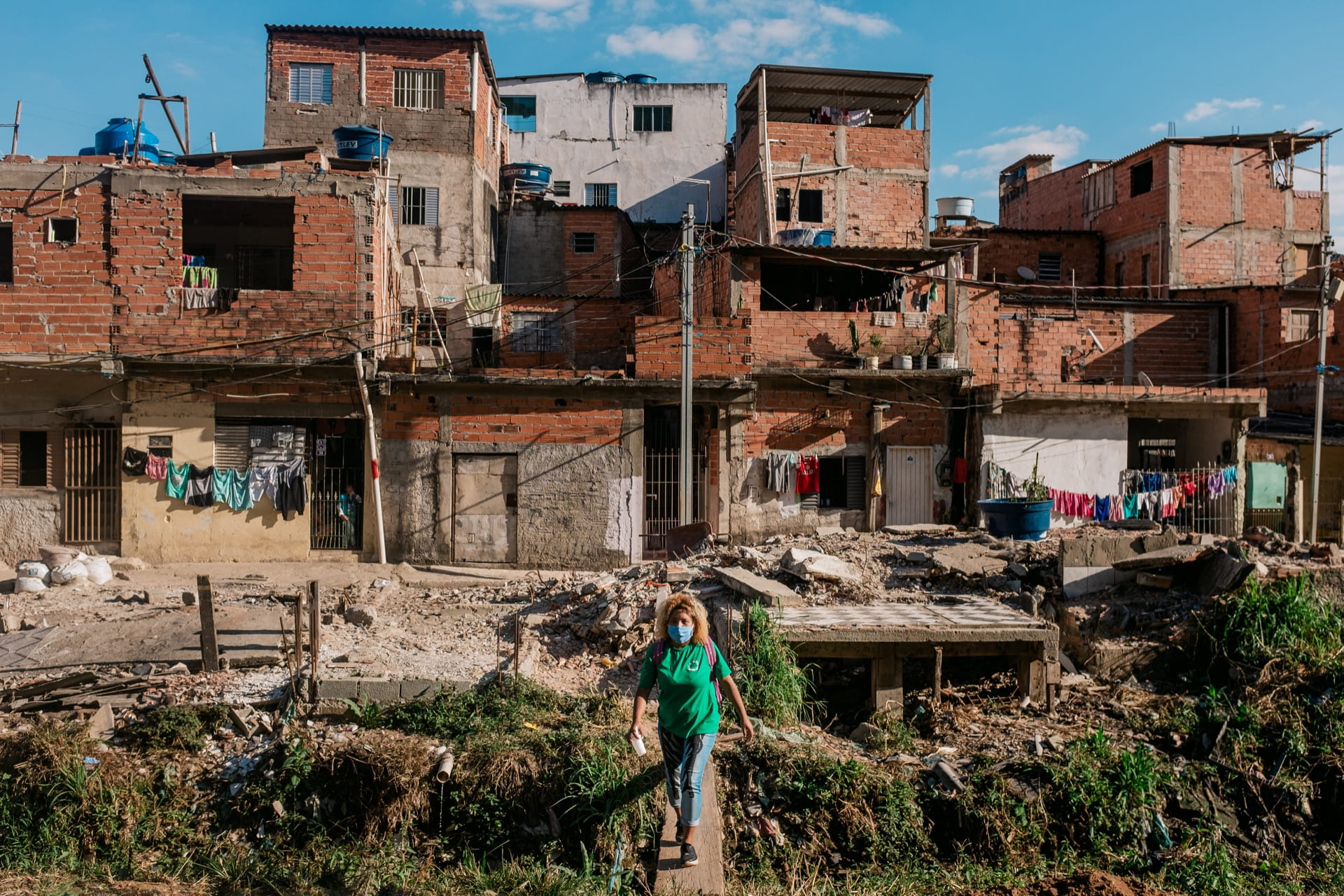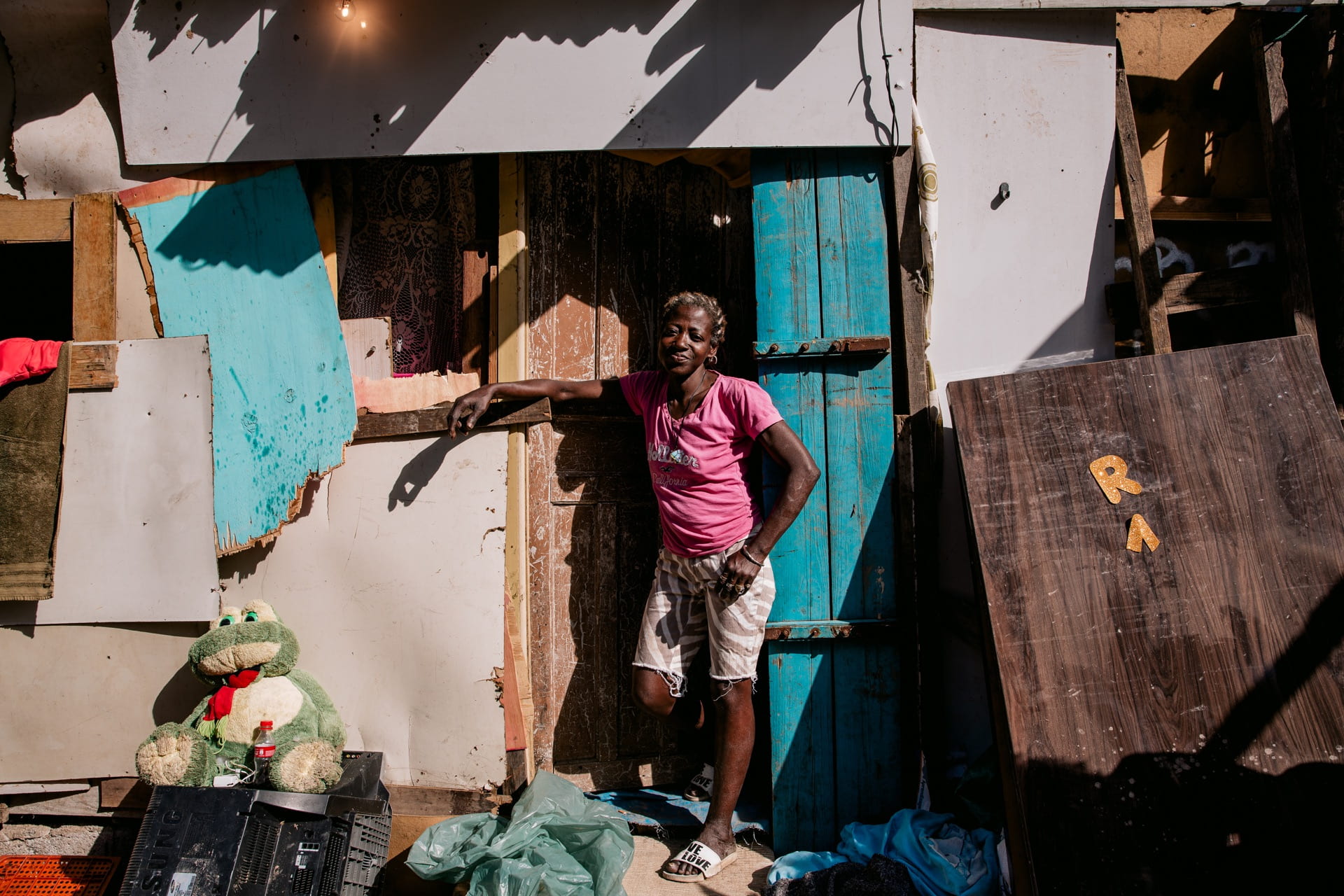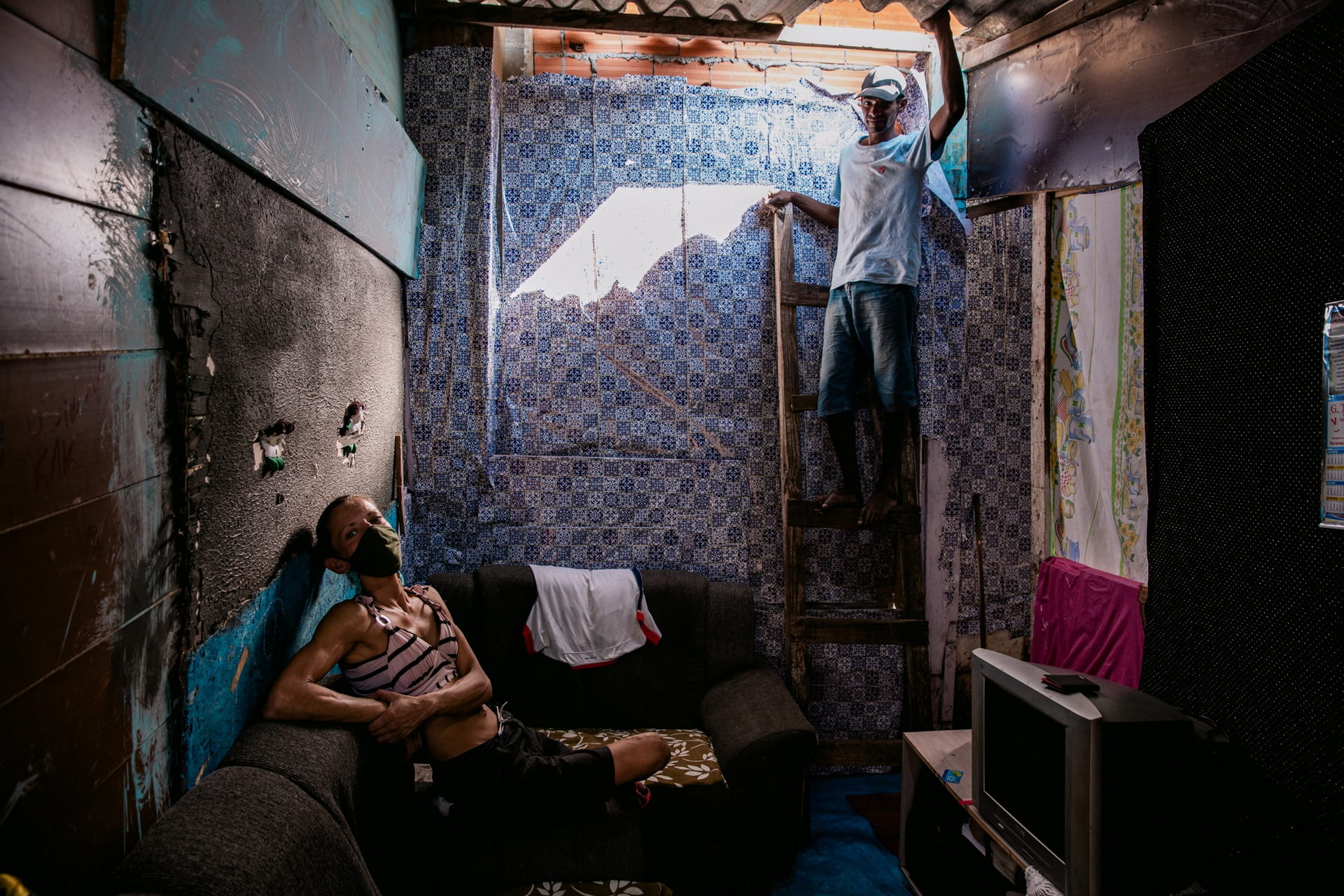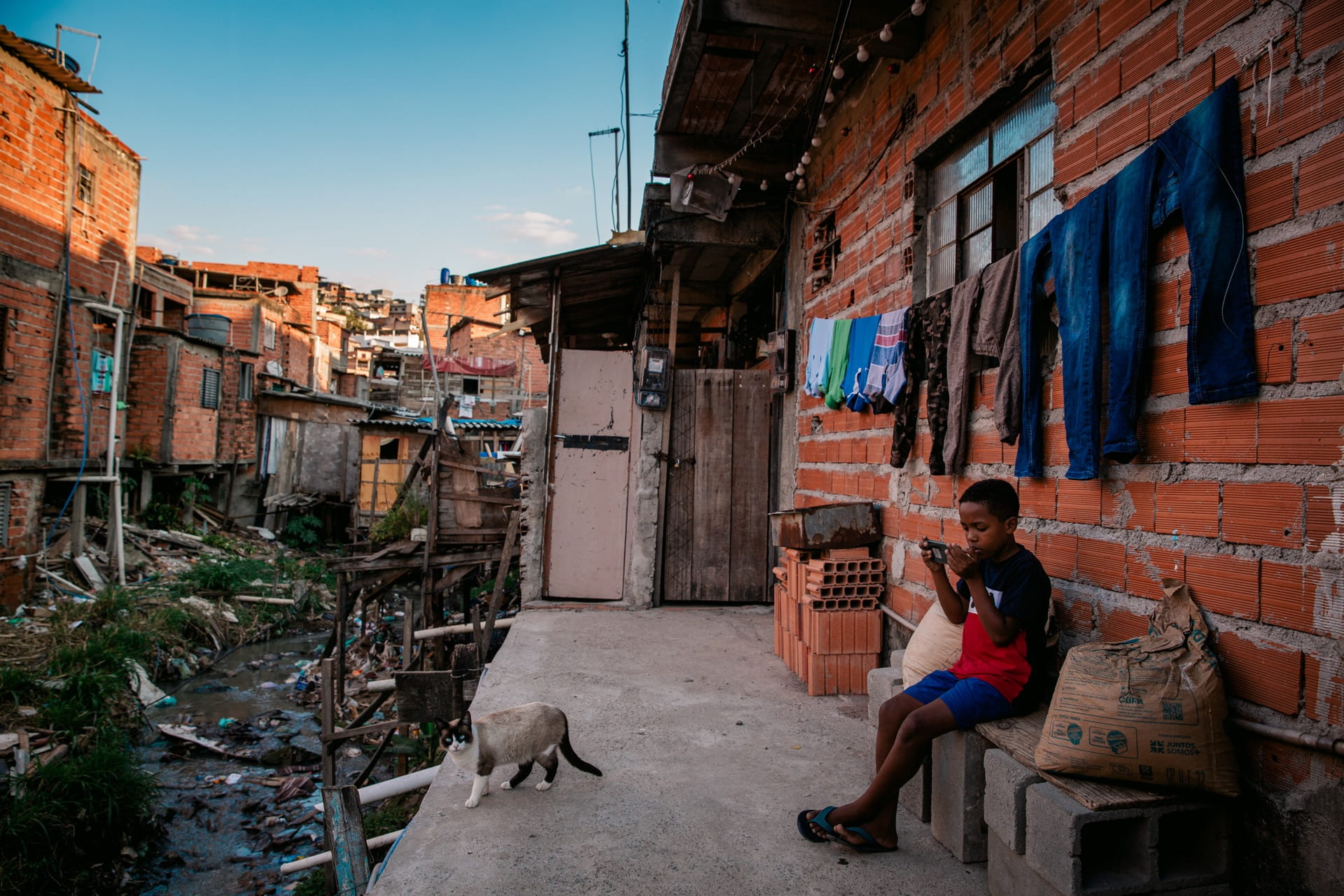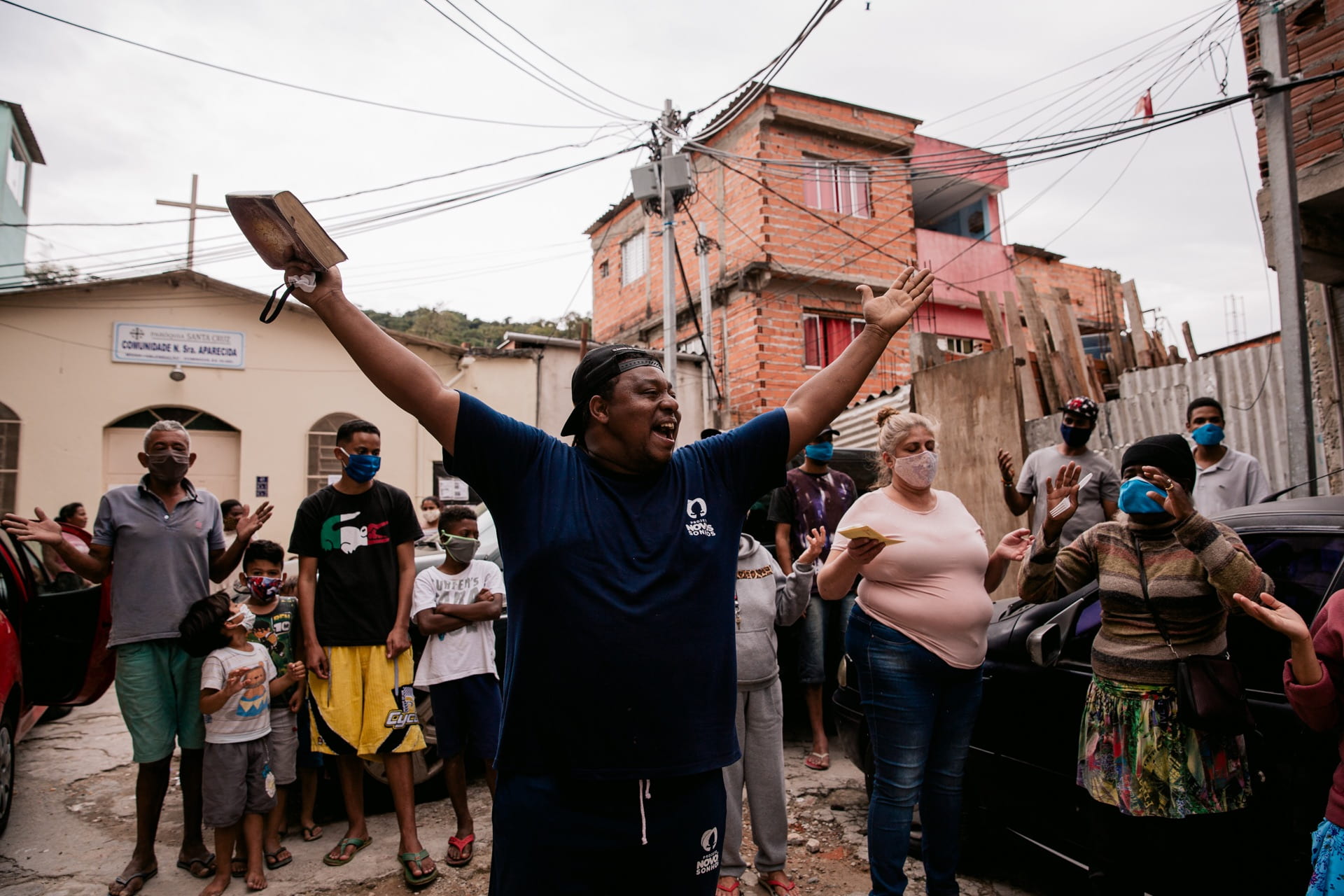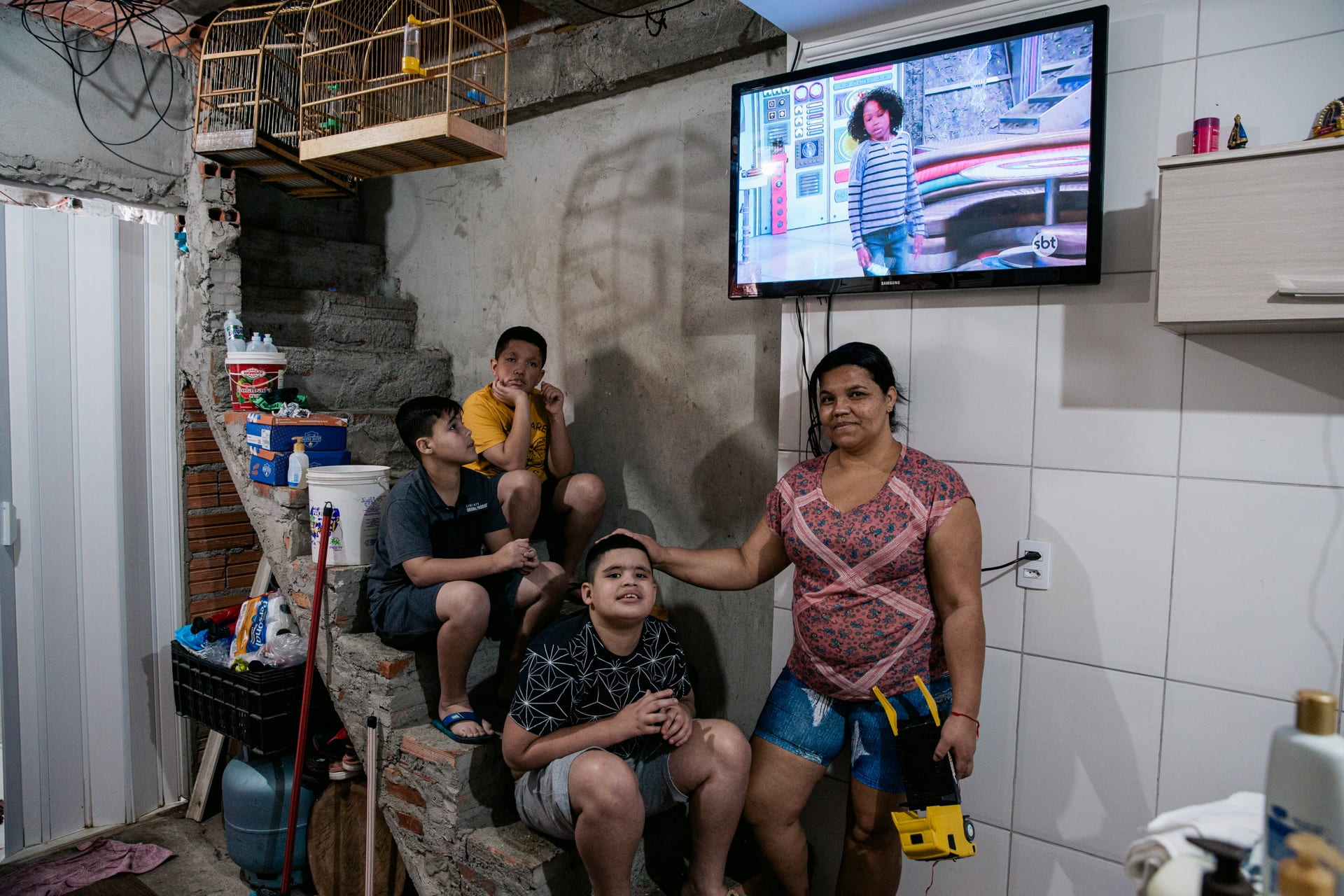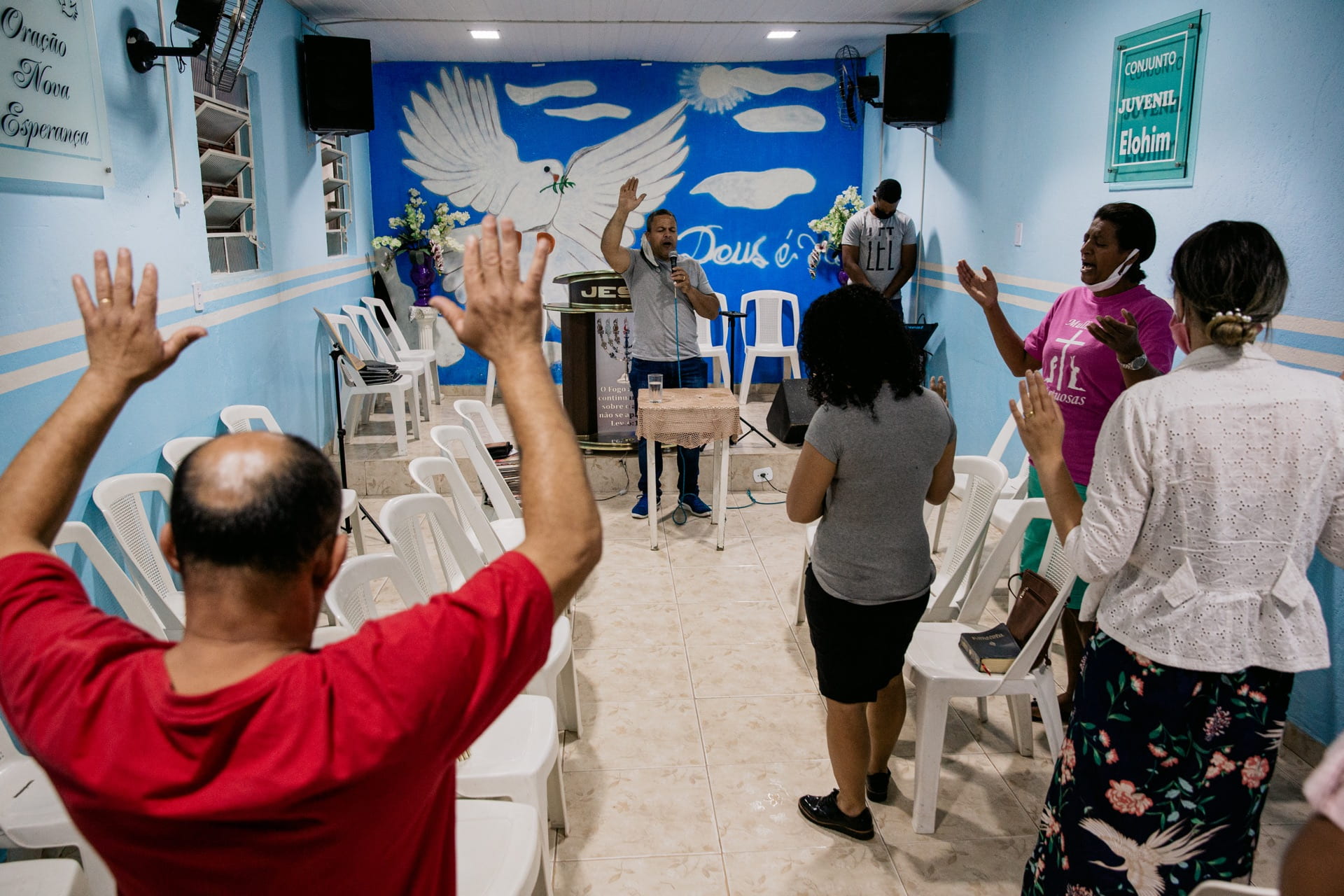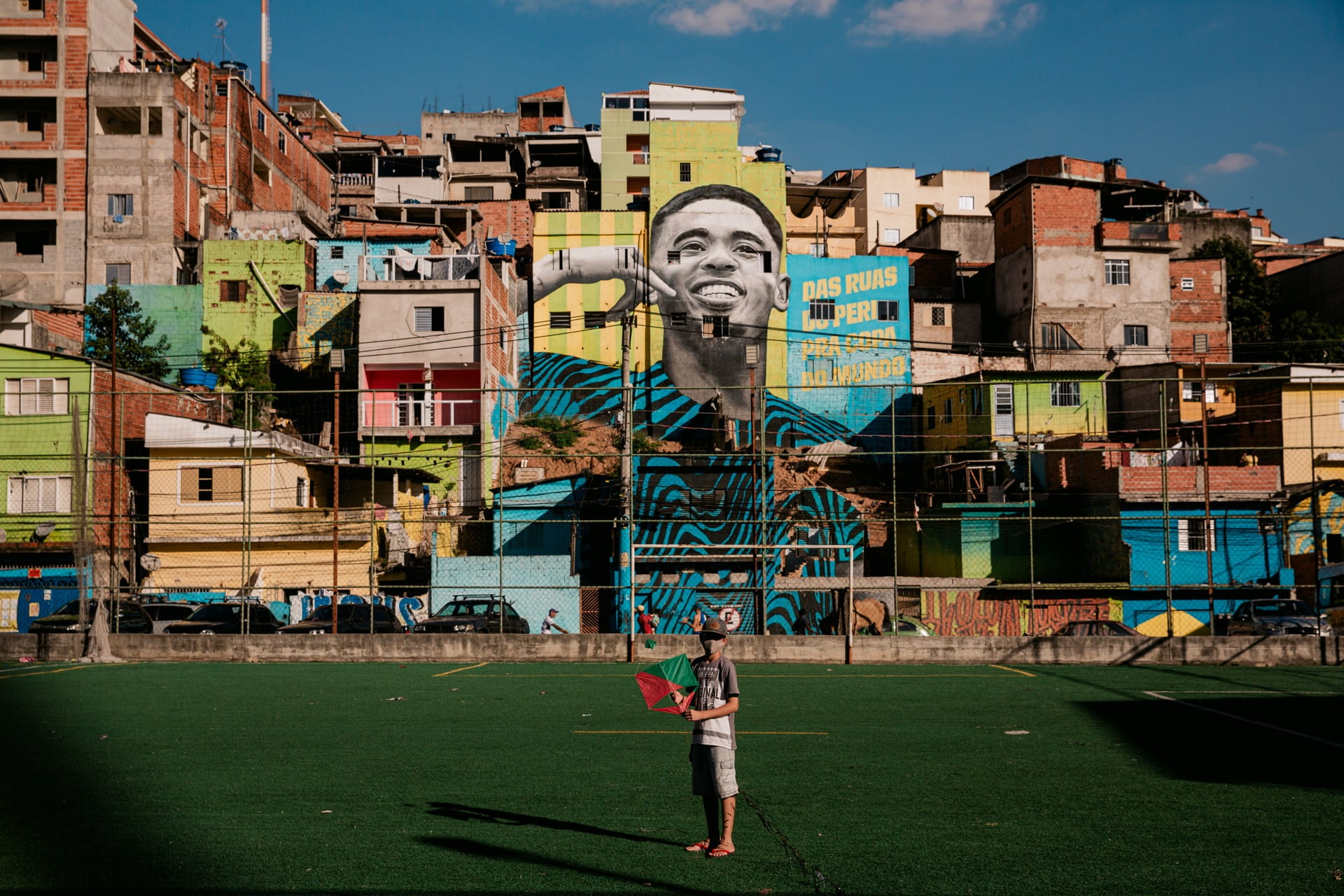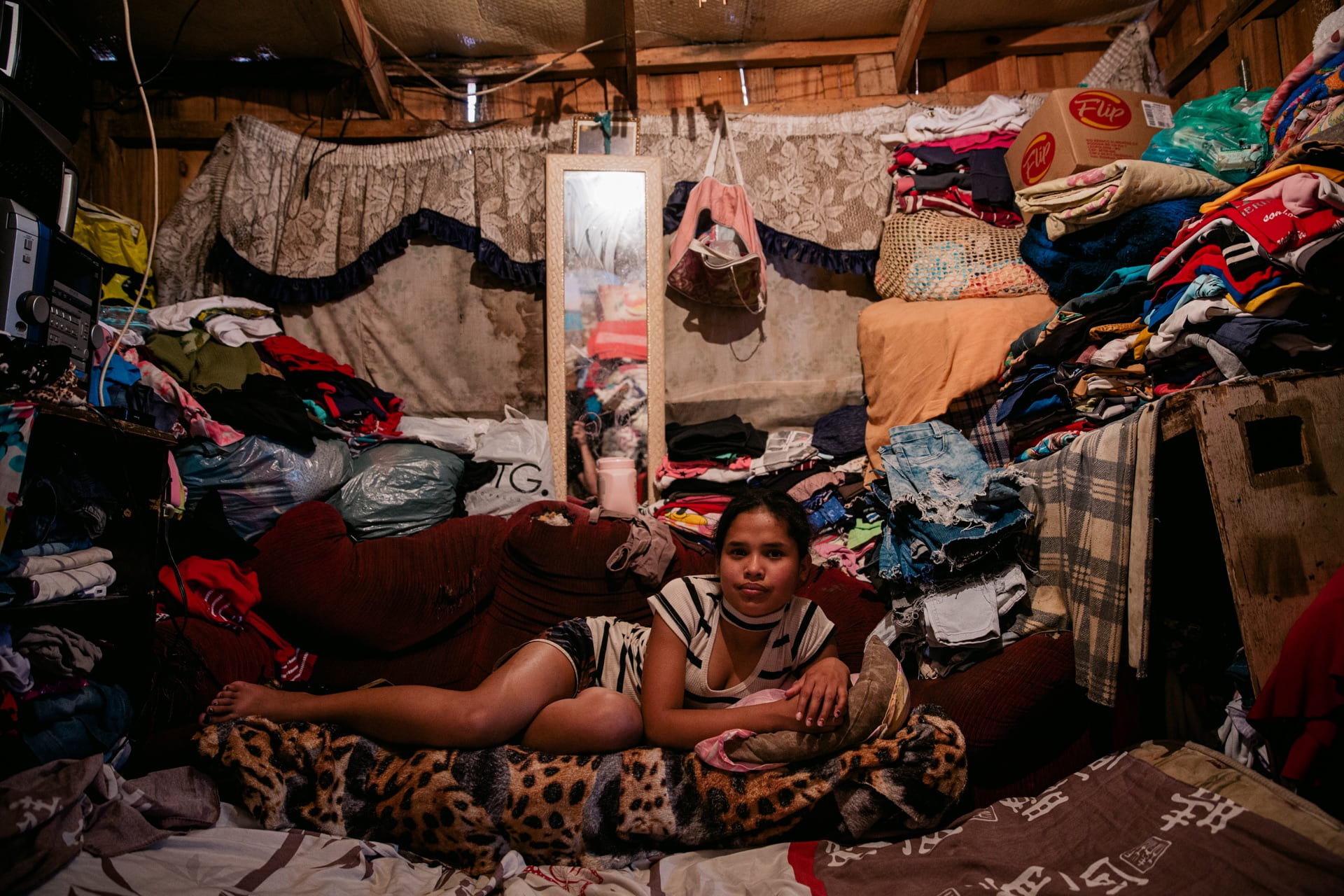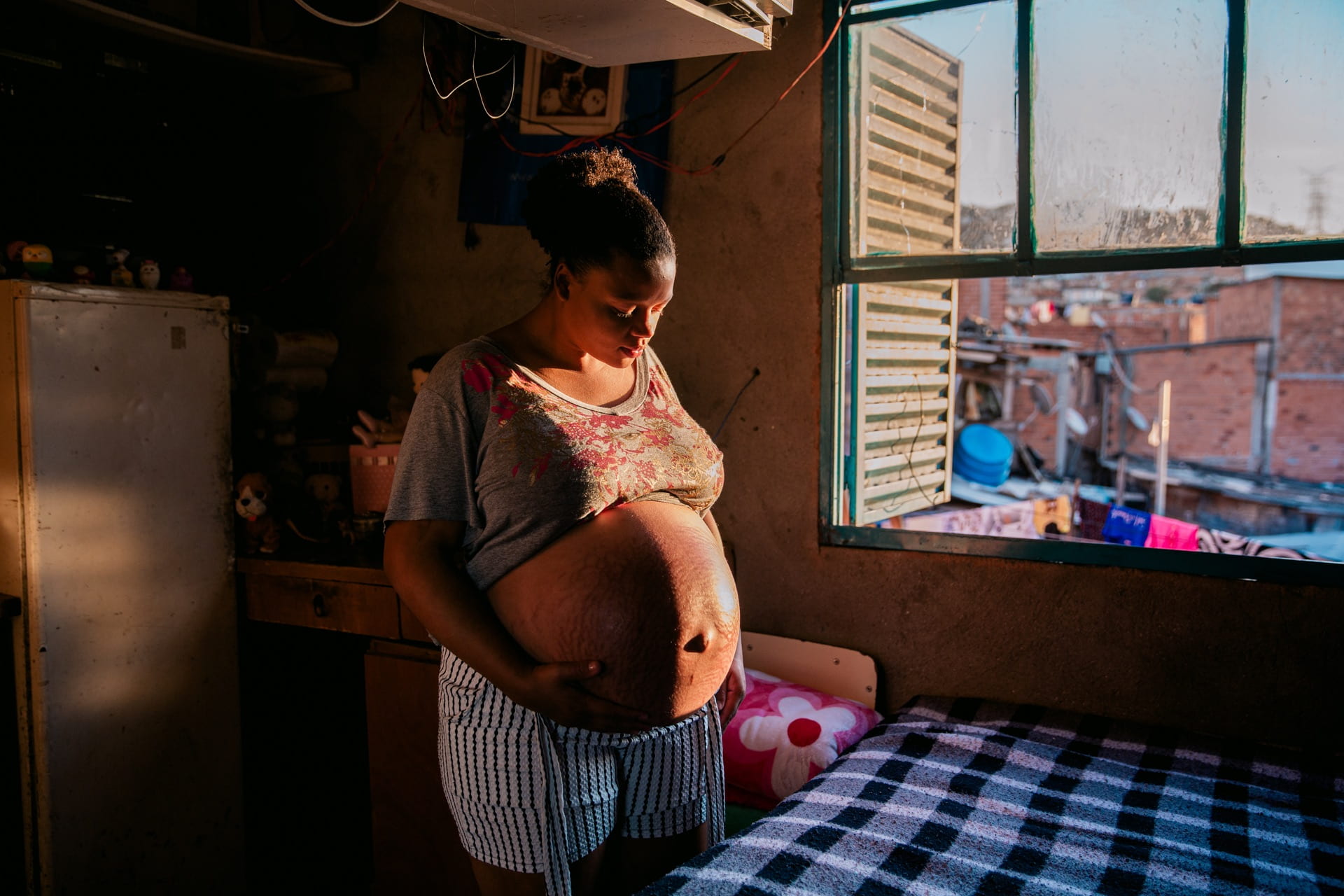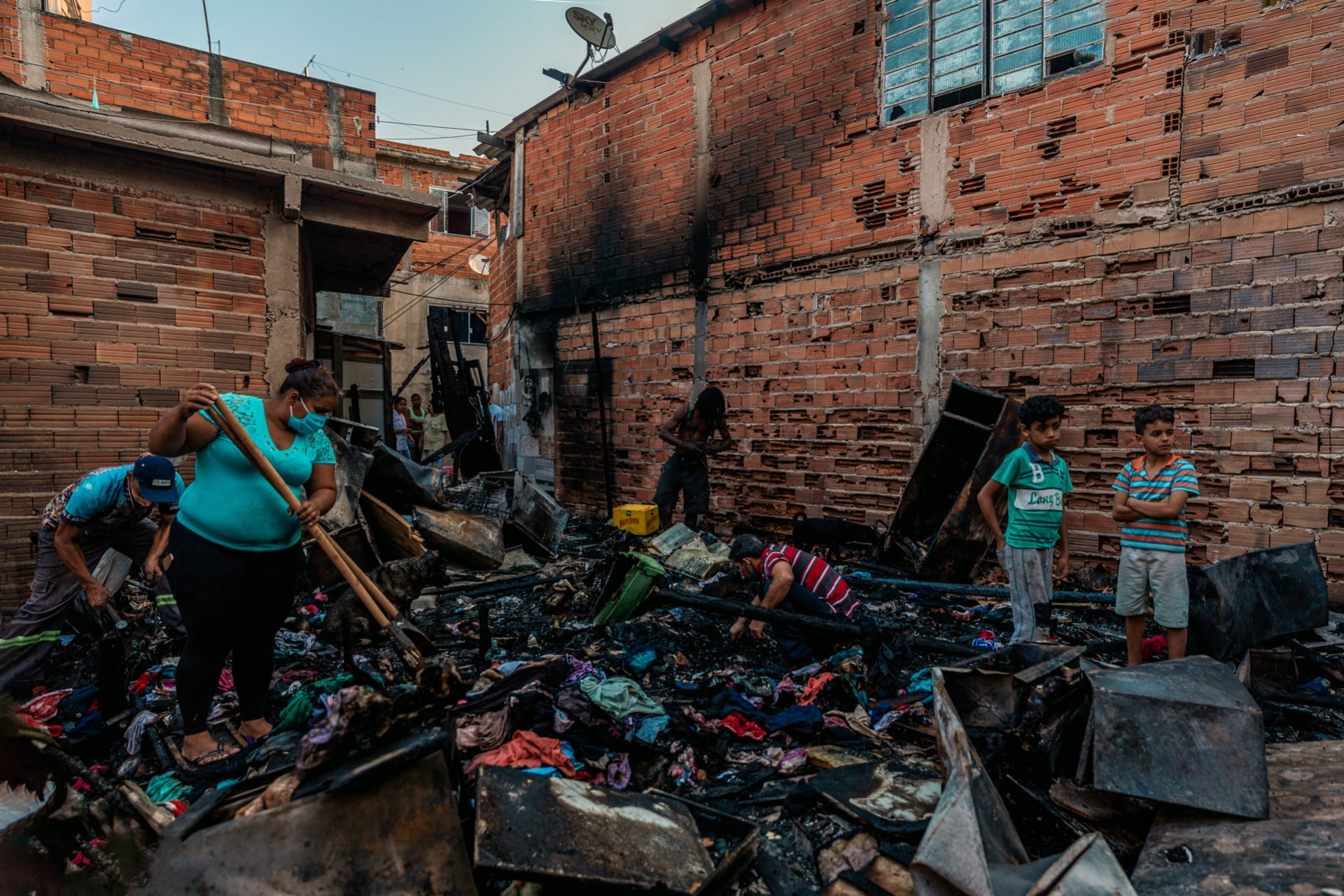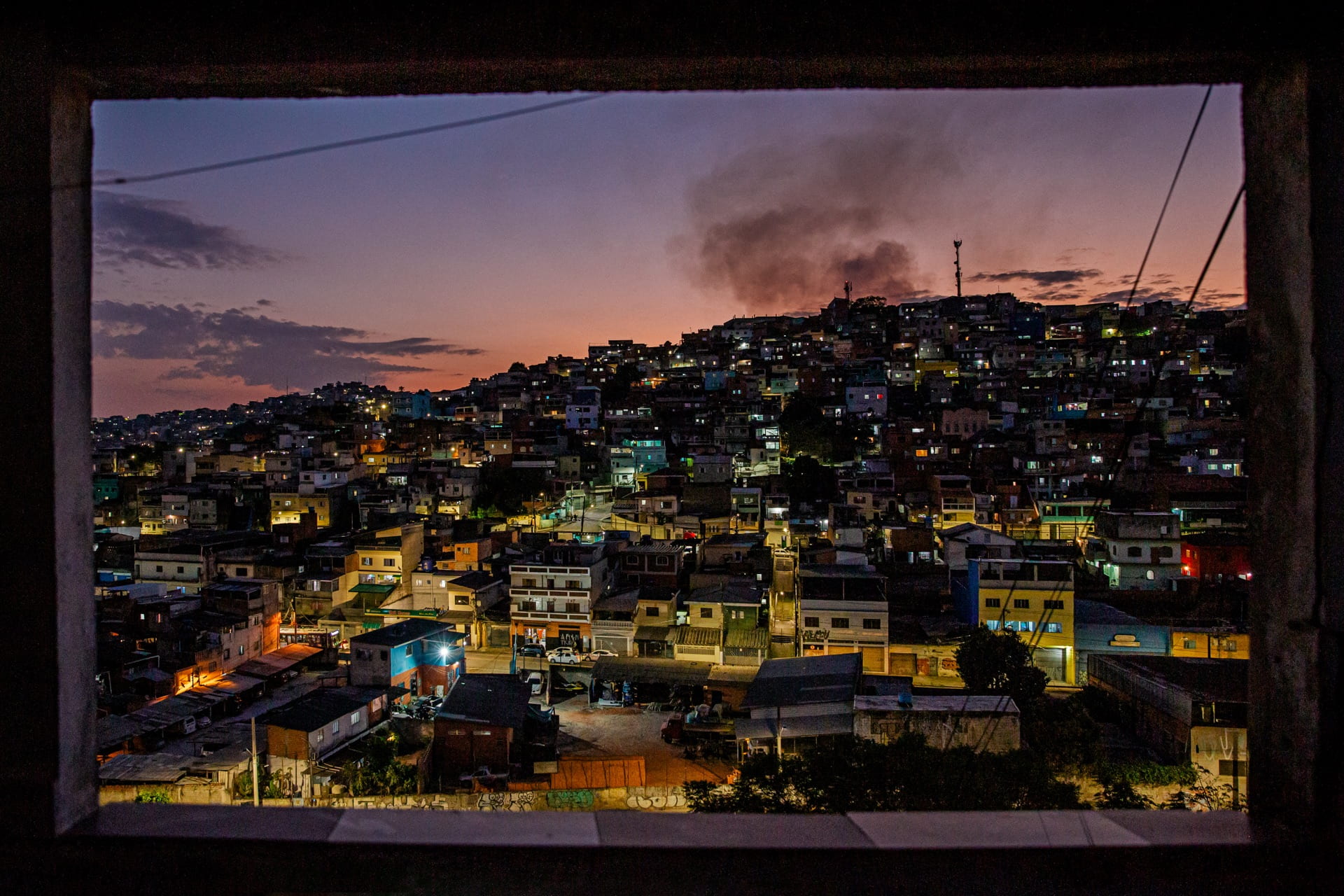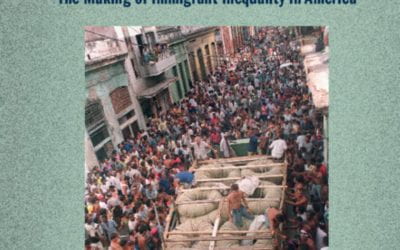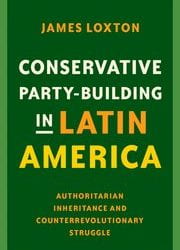Peri Alto, a Suburban Pandemic
Luca Meola is featured in the digital exhibition, “Documenting the Impact of Covid-19 through Photography: Collective Isolation in Latin America,” sponsored by ReVista and the Art, Culture, and Film program at Harvard’s David Rockefeller Center for Latin American Studies (DRCLAS.)
The resulting exhibition, based on an Open Call for Photography launched in July 2020, aims to create a critical visual record of our unprecedented times so they can be remembered by future generations. 2020 will be remembered as a watershed year in which a pandemic laid bare the inequalities and fissures within our society. It has also underscored the importance of living and participating in communities even while experiencing the pandemic in isolation. The exhibition seeks to promote a regional perspective from Latin America and the Caribbean of the collective isolation imposed by Covid-19.
The Peri Alto favela, in the northern suburbs of São Paulo, reflects the structure of the Brazilian society. At the top of the mountain there are the most solid houses, built in the 70s, when from the northeast of Brazil people emigrated to São Paulo in search of fortune. From the top, going down towards the river, the houses become shacks. They are fragile, made of improvised materials and lack basic sanitation. A main road divides these two worlds, a separation that is not only physical. In the Sem-Terra (landless) favela, as the lower part is called, there are at least 3,000 shacks. When it rains, the river rises and putrid water invades the houses. As in a maze, children play hide and seek in the alleys, while in front of the biqueiras, where drugs are sold, some teenagers with radios in their hands control the movement within the territory. Nearby little girls, who care for their younger siblings, have the look and attitude of women. In the Peri Alto favela you become a mother at 15 or 16, sometimes even earlier. In 2012 this territory was visited by Fernando Haddad during his election campaign. Haddad, who would later be elected mayor of the city, declared in an interview that Peri Alto, for the conditions of extreme poverty, was the worst place to live in São Paulo.
Since about mid-May, I immersed myself in this neighborhood, thanks to contact with the Associação Resiliencia (Resiliency Association). This local organization, which arose to support the paths of children and adolescents who live in Peri Alto, during the pandemic distributed food and basic baskets to the most deprived and needy families. I started this project to document the impact of the pandemic on a suburban community and I realized that, in addition to Covid-19, there were structural and deeper problems. As we enter the territory, the impression we have is that, while the coronavirus spread has disturbed the world like a tornado, here it presented itself as a light breeze.
During this period, the streets of the community remain full and activities have never stopped. In the favela there are 47 places of evangelical worship, some of which have always remained open. Few people on the street respect social distance and wear a mask: in this community life during these months has continued as if nothing had happened. The houses are very small and overcrowded, making it difficult to quarantine. The households are made up of at least six members and many of these families are surviving thanks to donations. Most of the children have been away from school for months: it is difficult to take classes online when the internet connection is weak and there is hardly one cell phone for family. In the absence of tests to measure the diffusion of the Coronavirus in the territory, many underestimate the severity of this pandemic. Some locals argue that it is the water from the sewers, so close to the shacks, that keeps the virus away; others claim that for young people of the community, it is more likely to die of overdose of lança-perfume, a chemical solvent that is inhaled and aspirated than from Covid-19. During the period that I spent documenting the daily life of this favela, four wood barracks went on fire and unfortunately a four-year-old child died charred. Perhaps truly, the pandemic, for the inhabitants of Peri Alto, is the least of their problems.
- Cris, is the soul of the “Associação Resiliencia”. She lived in the favela for many years and today she works with cultural projects designed for children of the most fragile area of the community
- Bá, inhabitant of the community and garbage collector, in front of her shack
- Janaina and her husband are furnishing their shack, which is located on the river bank, with recycled materials
- A child, in the most vulnerable part of the favela, where the sewers are open-air. Most of the children of the community have been away from school for months
- Pastor Deris of the evangelical charity Novos Sonhos prays before distributing meals in Peri Alto. During quarantine lockdown, food donations helped folks survive. The count of COVID-19 cases in this favela has been low; masks are rarely seen. To encourage this preventive measure, the charity requires food recipients to mask up
- Dona Fátima is from Bahia, but has lived in São Paulo for 40 years. She lives with her children and cats and she owns a small candy trade
- Aldenisa lives in the favela with her three children. Since the three suffer from cognitive delay, Aldenisa receives a subsidy to be able to take care of them full time
- In Peri Alto there are 47 Evangelic places of worship, many of which have never closed during the pandemic
- A graffiti in homage to the football player Gabriel Jesus, who grew up in the favela and who today plays in Mancherster City team
- Many little girls have the look and attitude of women
- In the favelas of São Paulo many mothers are teenagers. Adriellen has already a son and in this pandemic she will give birth to twins
- In september 2020 a fire broke out in the favela Jardim Peri Alto. A 4-year-old child died charred and three families lost their homes
- A group of men play domino, in a shack built in the woods of the forest in front of the favela. People who have a chemical addiction or are alcoholics are forced to consume away from the community and have been exiled across the river.
- From the top of the Peri Alto favela, you can see the city center on one side and the favela of Brasilândia on the other. The center is far away but the periphery is even more boundless
Luca Meola is an Italian photographer with a degree in sociology. He has lived in Bolivia and now spends his time between Italy and Brazil. www.lucameola.com @lucameola1977
Related Articles
A Review of Cuban Privilege: the Making of Immigrant Inequality in America by Susan Eckstein
If anyone had any doubts that Cubans were treated exceptionally well by the United States immigration and welfare authorities, relative to other immigrant groups and even relative to …
A Review of Conservative Party-Building in Latin America: Authoritarian Inheritance and Counterrevolutionary Struggle
James Loxton’s Conservative Party-Building in Latin America: Authoritarian Inheritance and Counterrevolutionary Struggle makes very important, original contributions to the study of…
Endnote – Eyes on COVID-19
Endnote A Continuing SagaIt’s not over yet. Covid (we’ll drop the -19 going forward) is still causing deaths and serious illness in Latin America and the Caribbean, as elsewhere. One out of every four Covid deaths in the world has taken place in Latin America,...


